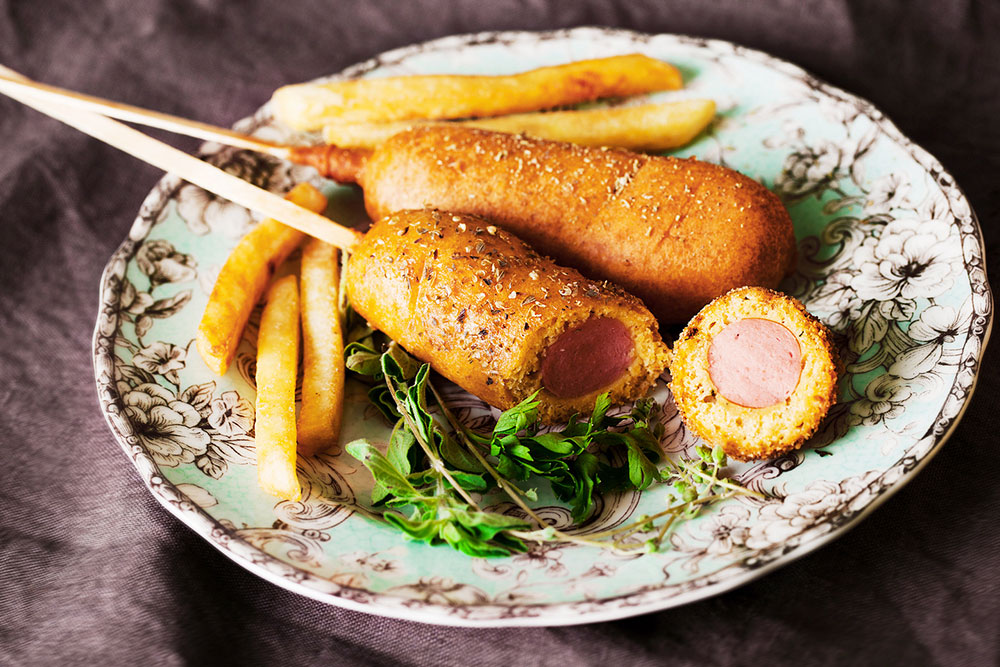
Foods to eat and avoid to curb the effects of gout
A form of arthritis, gout occurs when high levels of uric acid in the blood form crystals and accumulate around the joints, triggering pain and inflammation. This condition typically affects the big toe. Fortunately, this type of arthritis can be effectively treated with the help of medications. However, along with treatment for gout, it is equally important to make necessary changes to the diet. This is because some foods contain high amounts of purines, a chemical that the body breaks down to produce uric acid. In a nutshell, controlling what you eat can dramatically accelerate your recovery period.
In this article, we will discuss foods that you should ideally include in your gout diet.
1. Water
To ease or prevent the symptoms of gout, you should start by drinking plenty of water. Hydrating your body can help eliminate excess uric acid at a faster rate. Being dehydrated amplifies the risk of future flare-ups too. Certain study also demonstrated that men who had at least 5 to 8 glasses of water every day had a 40% lower chance of developing gout symptoms in the future. Although, you should avoid sugary drinks such as sodas as they increase the risk of an episode.
2. Fresh fruits
Having fresh fruits is highly recommended as they are abundant in fiber, antioxidants, and different forms of vitamins and minerals. Moreover, they hold low amounts of purines. You should particularly focus on having fruits that are high in vitamin C, such as oranges, strawberries, pineapples, grapefruits, and tangerines. Similarly, some research suggests that including cherries or cherry juice in your gout diet can help alleviate its painful symptoms. This is because it has powerful anthocyanin levels that help lower inflammation and uric acid content.
3. Low-fat dairy
Earlier dairy products were excluded from most gout diets as they are made from animal proteins. However, the purine content in milk and other dairy items is not enough to trigger a gout flare-up. So, low-fat dairy products can be safely included in your gout diet. Moreover, proteins found in milk can help excrete the extra uric acid from your blood, reducing the chance of a gout attack.
4. Moderate amounts of coffee
Consuming moderate amounts of coffee can lower the chances of a gout attack. Since coffee has diuretic effects it can excrete uric acid from the body faster. Moreover, coffee also slows down the enzyme that breaks down purines in the body, which also helps to lower uric acid production in the body.
5. Avoid foods high in purines
As mentioned earlier, excessive consumption of purine-rich food can cause flare-ups. However, vegetables, as compared to meats, don’t contain high levels of purines. So you can always include healthy options such as beans, lentils, and asparagus in your gout diet. On the other hand, red meat (beef, bison, and venison), organ meat, lobster, shrimp, sardines, tuna, trout, mackerel, anchovies, and haddock should be excluded from your gout diet. Likewise, meat-based broths and gravies should also be excluded from your gout diet. Alcohol especially hard liquor and beer should be avoided along with foods like processed carbohydrates.



